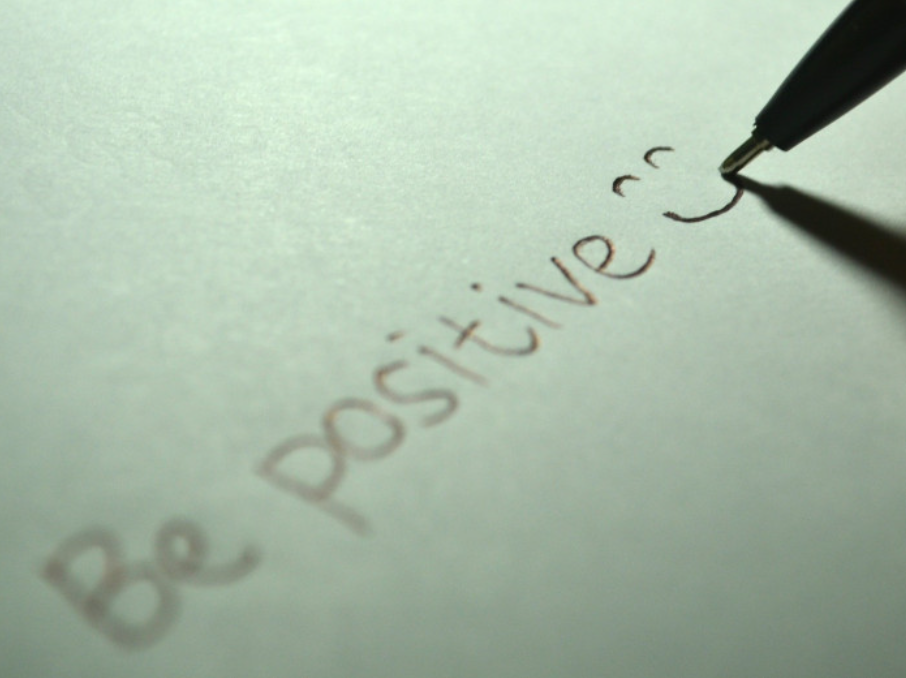Business activity has dampened over the past few months, and some companies are slowly starting to open. Curfews are changing due to a recent rise in COVID-19 cases. Social interactions are still at a bare minimum. The threat of the virus is lingering. Social media is jam-packed with negative news. Conversations revolve daily around the banking crisis. The Lebanese Pound rate is a growing cause of concern. Yes, we are in a crisis situation. And yes, it can have an impact on your mental health.
Whilst it may seem as though hundreds of factors are out of your control, and that can lead to a sense of instability and vulnerability, there are things that you still can control to improve your mental health. Just remember, every crisis is temporary, and it is all about your attitude and approach to be able to overcome it.
Here are some tips to boost your mental health, in times of crisis.
Plan your day, keep your routine in check
Whether you are on a rotating schedule and back in the office, or are working from home, it is important to plan your day. Wake up at the same time everyday, and head to bed at a decent hour every night. Sleep is integral to reenergize your body and mind, to handle what tomorrow will bring. Write down a list of every task you want to accomplish that day, and tick them off as the day progresses. Schedule a workout or go for a walk, to give you a physical (and mental boost). The more you have control over how your day goes, the better it will be.
Weekends are to unwind and escape
With the lack of a daily structure, you may lose yourself in the work week and stress levels can mount. Use the weekends to unwind, escape and do things that help you disconnect. Leaving the house is advisable, and a breath of fresh air is recommended. If you miss nature, plan a car ride or a hike on the weekend. A short walk amongst the trees, or by the sea, can have a great impact on your overall wellbeing.
Choose your thoughts, as you would your words
In times of crisis, it may seem that the world has darkened and there is no hope in sight. However, if that is the story you are continually telling yourself, you can greatly harm your mental health. Choose your thoughts wisely, and program your mind to try to see the positive in every situation. If you find this step difficult, start by challenging negative thoughts. Ask yourself, ‘is this true?’ ‘Is what I am worrying about surely going to happen?’ ‘Did I or anyone I know go through the same situation? If so, how did they cope?’ Meditation can also help clear your mind when it gets too chaotic.
You may be in confinement, but you are not isolated
Connect with your friends on a daily basis. Schedule Facetime and Zoom calls with small or big groups of friends and catch up like you normally would. Having friends to share your feelings and thoughts with, or brainstorm about something in your professional life, can reaffirm that you do have a support system in place – even if you do not see them.
Cap screen time
Screen time, whether in front of the laptop, watching series or scrolling through social media needs to be capped. During the work day, take short breaks every hour to stretch or walk around. Short breaks can also calm you down and help you to think clearly. Limit the amount of time you spend on social media and actually use this time to do something productive or fun. Lastly, binge watching series can have a negative impact on your mental health, if it impacts your attunement to real life.
Just remember that every crisis does come to an end at some point. How you handle it and live your everyday, will have a huge impact on your mental health. Every thought, interaction and action counts. Those factors are in your control.




